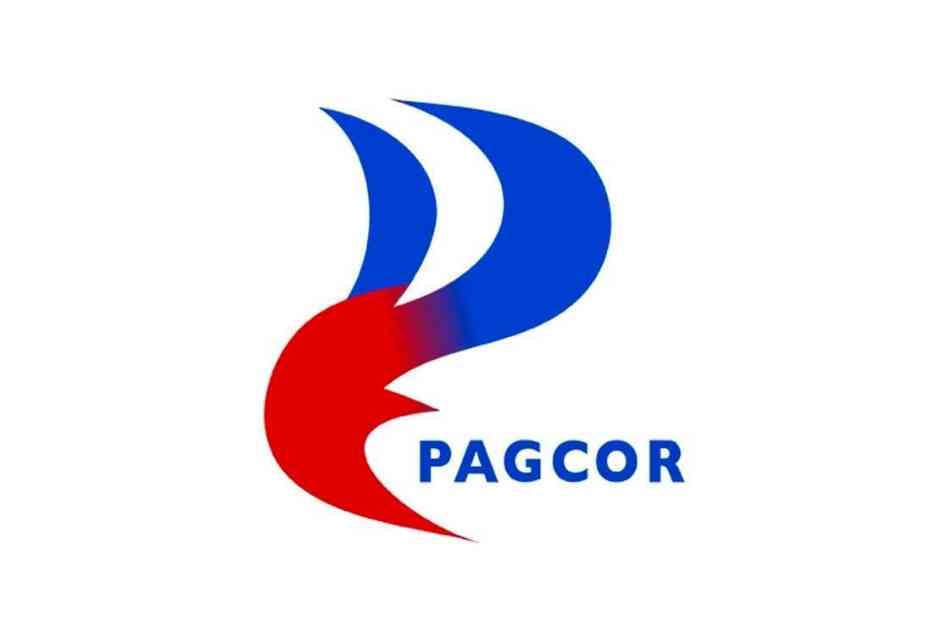The Philippine Amusement and Gaming Corp. (PAGCOR) has reported a significant increase in its gross gaming revenues (GGR) for the second quarter, thanks to the booming electronic games (e-games) sector. This surge in revenue has propelled PAGCOR to new heights, with the e-games sector alone recording a staggering 525% increase from the previous year. The agency’s GGR for the second quarter reached an impressive P89.23 billion, marking a 32.32% increase from the same period in 2023 and a 9.21% rise from the first quarter of this year.
E-Games Sector Driving Growth
The phenomenal growth in PAGCOR’s gaming revenues can be largely attributed to the thriving e-games sector. With revenues soaring to P30.85 billion, this sector has proven to be a major revenue generator for PAGCOR, surpassing all expectations. PAGCOR Chairman and CEO Alejandro Tengco expressed his optimism about the e-games sector’s performance, stating that it continues to exceed targets and is expected to offset any potential revenue loss resulting from the ban on offshore gaming operations or POGOs.
President Ferdinand “Bongbong” Marcos Jr.’s recent announcement of the ban on POGOs has prompted PAGCOR to focus on alternative revenue streams, with the e-games sector emerging as a key player in this strategy. The ban on POGOs is set to take effect by the end of the year, following a cost-benefit analysis conducted by the Department of Finance (DOF) that revealed the negative impact of POGOs on the Philippine economy.
Cost-Benefit Analysis of POGOs
According to the DOF’s analysis, the POGO industry had a net cost of P99.52 billion to the Philippines as of 2021, equivalent to 0.41% of the country’s economy. The total cost incurred by POGOs amounted to a staggering P265.74 billion, with direct economic costs totaling P84.87 billion. These costs included a decrease in foreign investments due to crime, a decline in inbound tourism revenues, a decrease in foreign investments stemming from corruption perception, and additional expenses for law enforcement and immigration.
Despite the substantial costs associated with POGOs, the industry did contribute P166.49 billion in total benefits. Direct benefits included income from housing space rentals, withholding taxes, gaming taxes, and revenues to PAGCOR. However, the overall impact of POGOs on the Philippine economy raised concerns, leading to the decision to phase out these operations by the end of the year.
Diversification Strategy and Privatization Plans
In light of the impending ban on POGOs, PAGCOR has announced plans to diversify its revenue streams and focus on privatizing self-operated casinos in the future. This strategic shift aims to optimize revenue generation while adhering to the agency’s regulatory role in the gaming industry. By divesting from casino operations, PAGCOR anticipates raising between P60 billion to P80 billion, further supporting the government’s socio-civic and national development programs.
Additionally, PAGCOR aims to streamline its operations and prioritize regulatory functions, paving the way for a more efficient and sustainable gaming industry in the Philippines. The agency’s long-term vision includes the opening of one integrated resort each year over the next five years, signaling a new era of growth and development in the gaming sector.
Regulatory Mandate and Industry Outlook
As the regulatory authority overseeing the gaming industry in the Philippines, PAGCOR plays a crucial role in ensuring transparency, accountability, and responsible gaming practices. The agency’s mandate includes generating revenues for government programs, promoting tourism, and fostering a competitive gaming environment that benefits all stakeholders.
Looking ahead, PAGCOR remains committed to driving innovation, sustainability, and growth in the gaming sector. By embracing new technologies, diversifying revenue streams, and fostering partnerships with industry stakeholders, PAGCOR is poised to weather challenges and capitalize on opportunities in the dynamic gaming landscape.
Conclusion
In conclusion, PAGCOR’s impressive boost in gaming revenues, fueled by the e-games sector, reflects the agency’s resilience and adaptability in a rapidly evolving industry. By strategically pivoting towards alternative revenue sources and prioritizing regulatory functions, PAGCOR is well-positioned to navigate the changing landscape of the gaming sector and drive sustainable growth for the Philippine economy. As the agency continues to innovate and collaborate with industry partners, the future of gaming in the Philippines looks promising, with PAGCOR at the forefront of shaping a vibrant and thriving gaming ecosystem.

